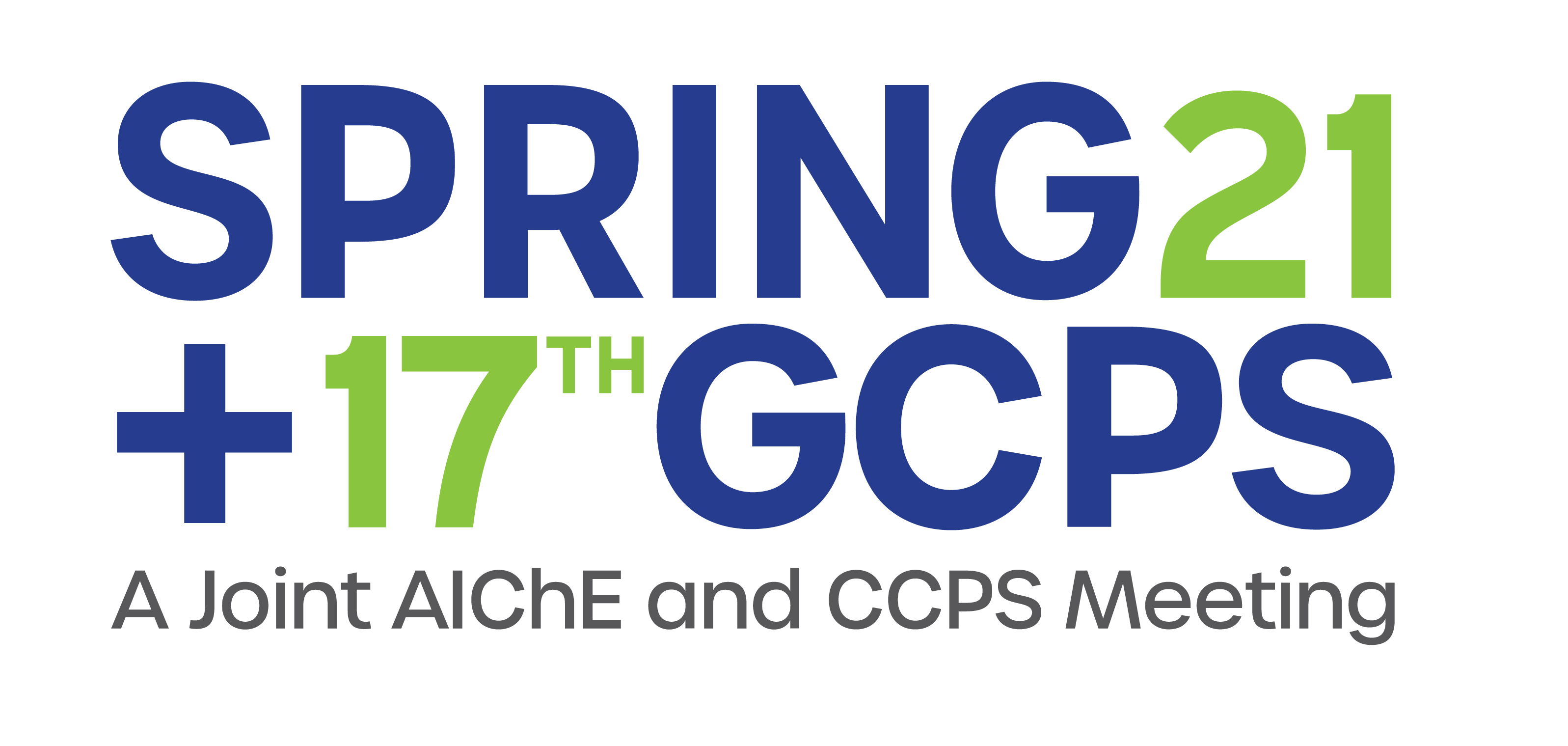

There is yet to be a well-established drag model for non-spherical particles required in a particle-laden flow that could cover a wide range of sphericities. This talk will explore the development of a general drag model for non-spherical particles by applying deep learning. The integration of several raw experimental measurements from different sources and research directions allows the training of robust Artificial Intelligence and Machine Learning (ML) models. Neural networks are an ML approach inspired by the inner biological workings of the brain. This work aims to develop a Deep Neural Network (DNN) that predicts drag coefficient values with the ability to adapt appropriately to unseen data. Given the limited number of data points available and the variance found within the data collected from various sources, challenges may arise when looking to train the model. Our study tests and implements various model regularization techniques and assesses different loss and activation functions for the proposed DNN. The proposed model considers a broader range of features other than sphericity and Reynold number. These features include density ratio, solid volume fraction, stokes number, lengthwise and crosswise sphericity, and more. Data imputation and synthetic data generation techniques are used to address missing values and enhance the training data. Furthermore, we present the features that play a significant role in predicting different drag coefficients through feature importance.
Presenter(s)
Once the content has been viewed and you have attested to it, you will be able to download and print a certificate for PDH credits.
If you have already viewed this content,
please click here
to login.
